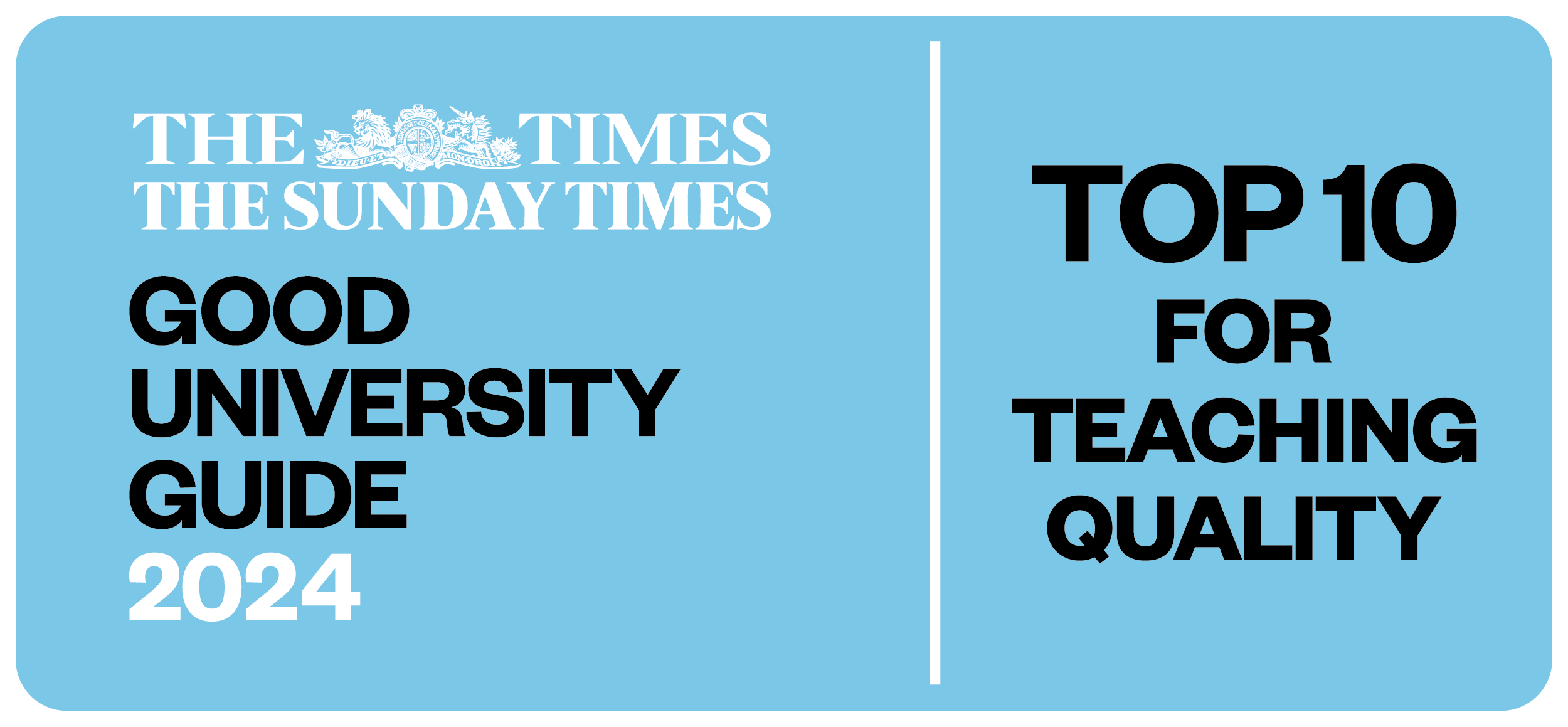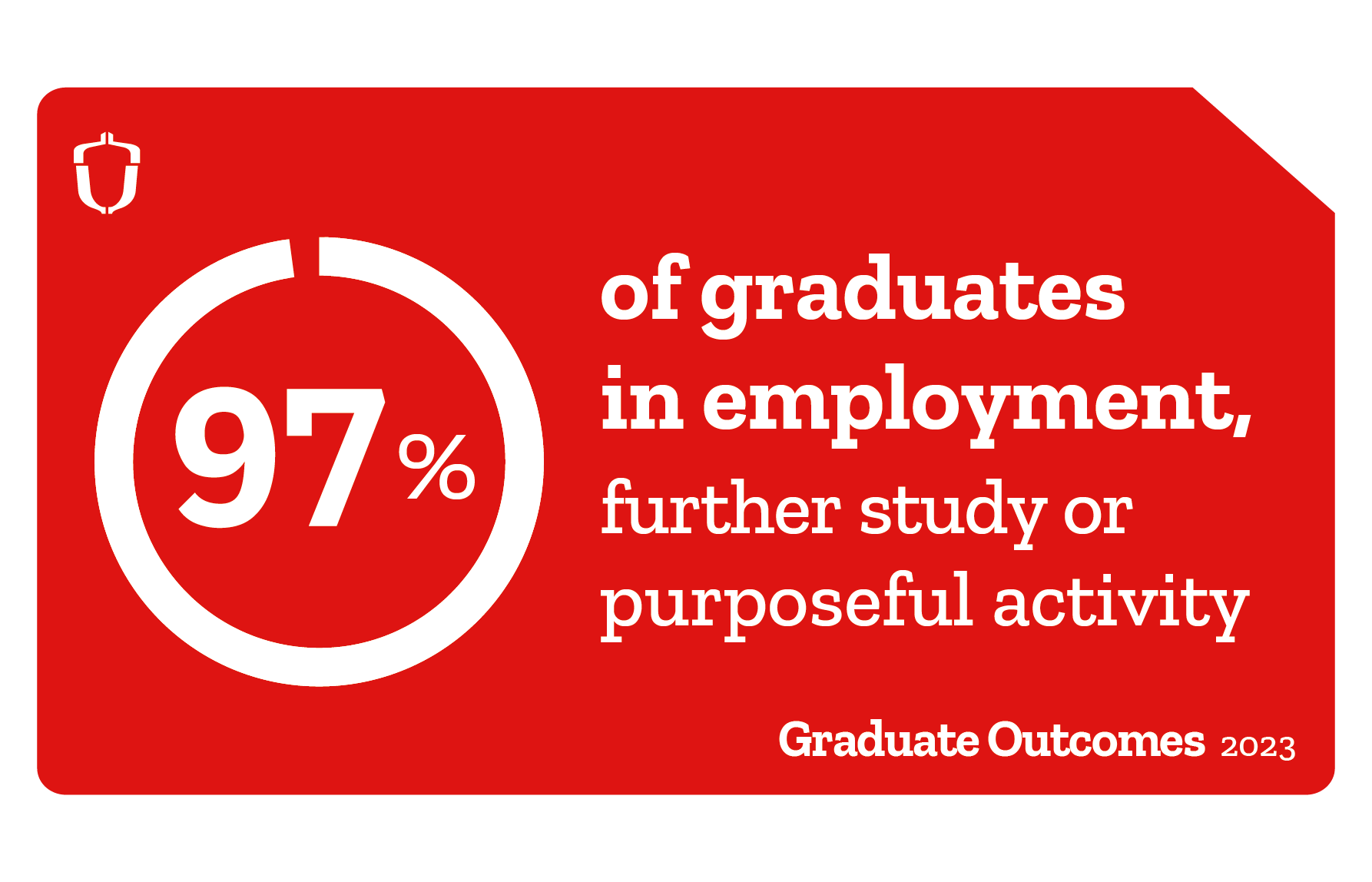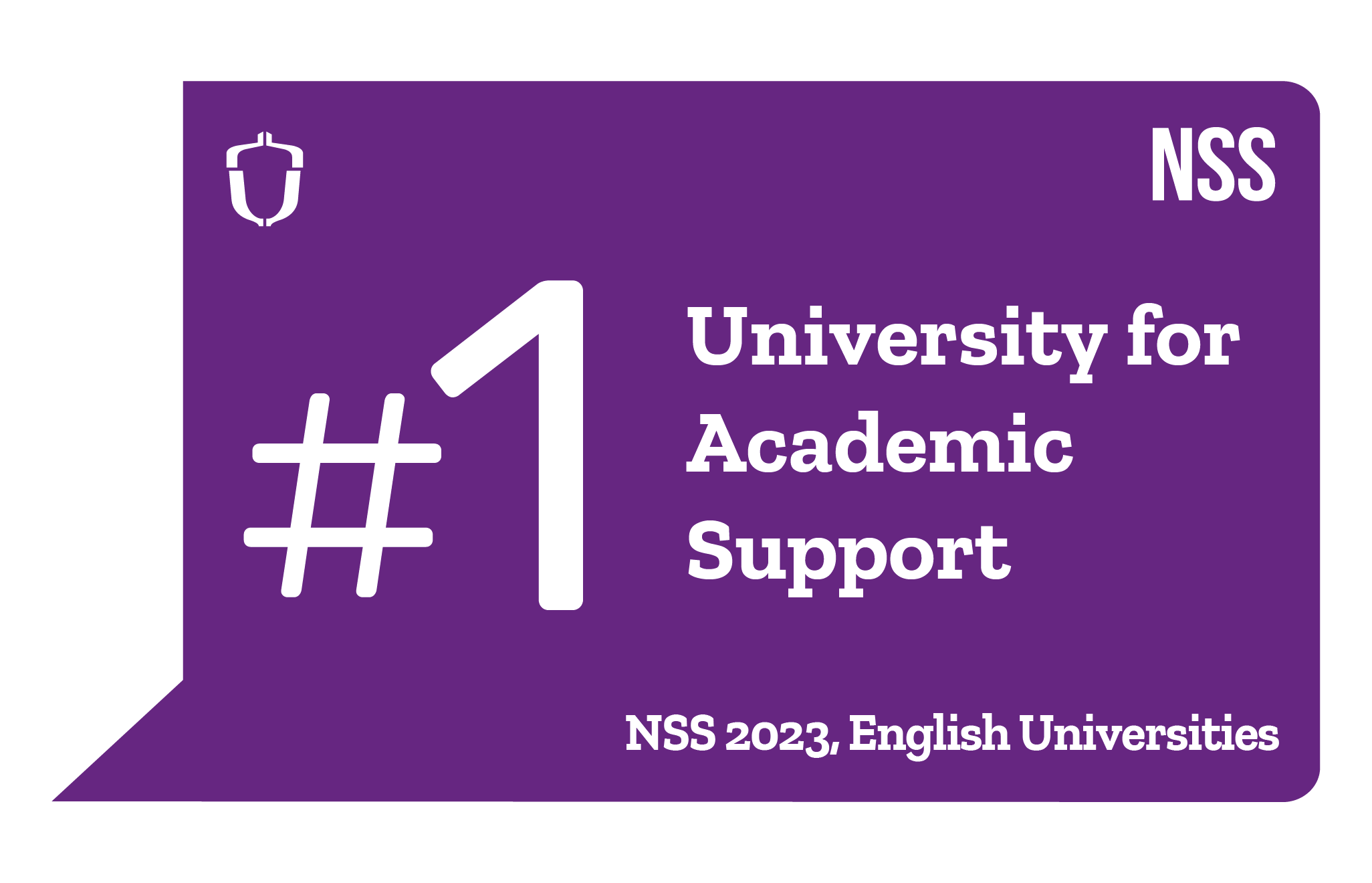The foundation year will provide the ideal springboard to the rest of the programme, supporting you in developing an understanding of scientific principles and key practical skills.
You’ll learn from experienced animal scientists, conservationists and industry practitioners to develop field and laboratory skills which are in great demand by employers.
You’ll have the option to spend a year in industry, either in the UK or overseas, to gain additional experience. You'll also be able to undertake a flexible professional study experience in your second year.
Our facilities provide fantastic opportunities to develop real-life experience. These include a range of laboratories, a 70-species Animal Collection, and commercial animal therapy centres. Our 360-hectare estate is ideal for learning a range of survey techniques and for studying British wildlife.
-
UCAS | A typical offer for this course is 32-48 UCAS tariff points or equivalent.
-
GCSE | A minimum of five GCSEs at grade 9 to 4, (or A* to C grades if relevant) or equivalent, to include English Language and Mathematics.
-
A-Level | Typical offer is EE-DD or equivalent. This must include a minimum of two A-levels.
-
Vocational Award | Typical offer is a PPP in an Extended Diploma in a relevant subject.
-
Access | Typical offer is 32-48 UCAS tariff points in an Access to Higher Education Diploma.
-
IB | Typical offer is 32-48 UCAS tariff points in an IB Diploma, to include a minimum of one Highers at H3 or above.
This must also include Maths and English Language at a minimum of Standard Level S3 if equivalent GCSEs have not been obtained.
-
Scottish Highers | Typical offer is 32-48 UCAS tariff points in Scottish Highers. This must include a minimum of one Advanced Higher.
-
Irish Leaving Certificate | Typical offer is 32-48 UCAS tariff points in the Irish Leaving Certificate. This must include a minimum of one Highers.
This must also include Maths and English Language at a minimum of Ordinary Level.
-
OCR Cambridge Technical | Typical offer is a PPP in a Cambridge Technical Extended Diploma in a relevant subject.
-
T Level | Typical offer is Pass in your T Level overall grade in a relevant subject.
We welcome students with equivalent qualifications. Please contact us to discuss.
We may interview mature applicants and those with non-traditional qualifications to ensure this is the right course for you.
Previous learning towards a university-level qualification or relevant work experience may count as credit for this course.
Please contact us for further information.
Email us
Your support network
You'll benefit from a strong support network from day one to be the best you can be. This will range from your personal tutor and specialist academic support team (our Achievement and Success Centre) to dedicated wellbeing and employability (Innovation, Careers and Enterprise) centres.
Academic support
You’ll have your own personal tutor while you’re here who will support you to succeed in your studies. You’ll also have access to our academic and wellbeing support teams who run regular workshops and one-to-one sessions on campus and online.
Alongside this, we have a comprehensive bank of online study skills resources to help you make the most of your qualification.
Your learning experiences
You'll experience a range of teaching methods to strengthen your digestion of topics, including lectures, workshops and practical sessions, as well as supported work placement learning as part of many courses.
Your career
Each year of your course will be made up of two semesters, within which you’ll study compulsory and optional modules on different industry-focused topics, enabling you to develop your own unique portfolio of knowledge, skills and experience, ready for your career. The course is taught in English.















